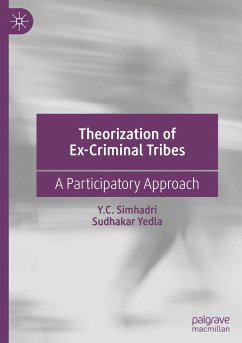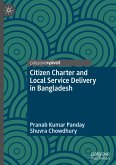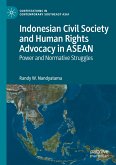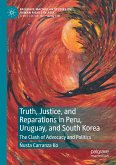This book is based on intense research work and consultation conducted over a long period, presents circumstances under which certain tribes in Andhra Pradesh are placed to keep on living through criminal activities. It explains why particular tribes become crime-prone and why and how they have been branded and notified as criminal tribes. It deals with the structure of the village criminal-tribe settlements and approaches the problem of tribal criminology from a structural perspective. It studies the criminal behaviour that could be related to social situations that prevail in the two ex-criminal settlements in Andhra Pradesh and examines the structure and organization of this group as well as changes that have been taking place as far as their criminal activities are concerned. The analysis in this book focuses on the sociological and anthropological circumstances under which the criminal tribes become criminals and continued to be called as criminals although most of them as a group have since stopped criminal activities.
Bitte wählen Sie Ihr Anliegen aus.
Rechnungen
Retourenschein anfordern
Bestellstatus
Storno









